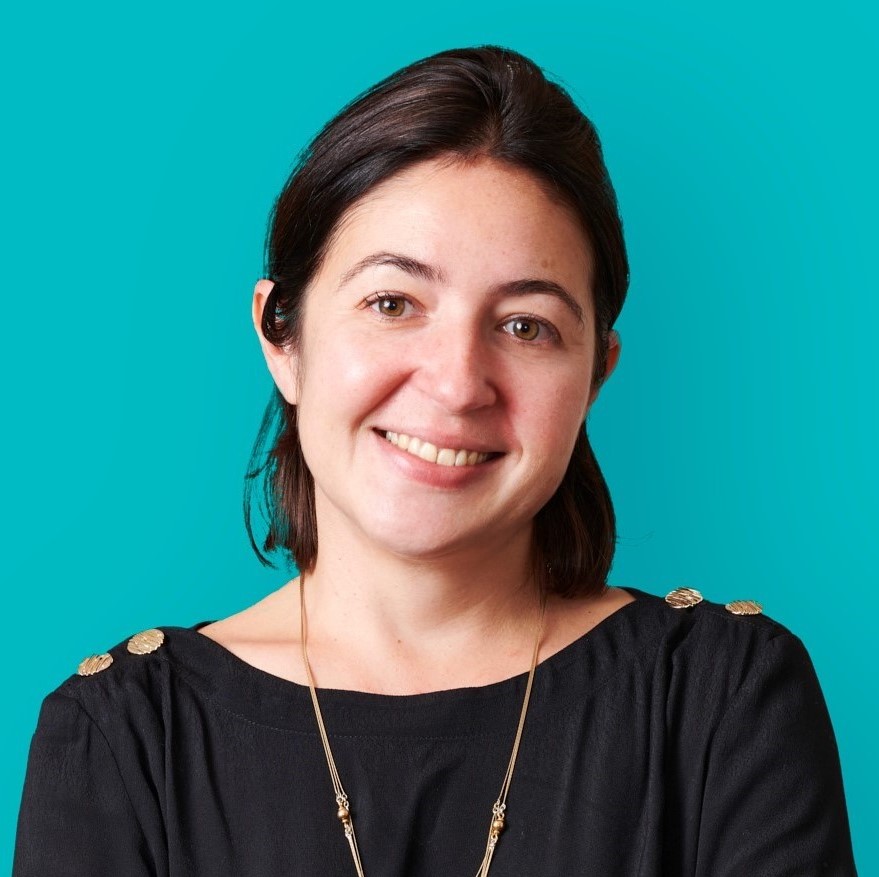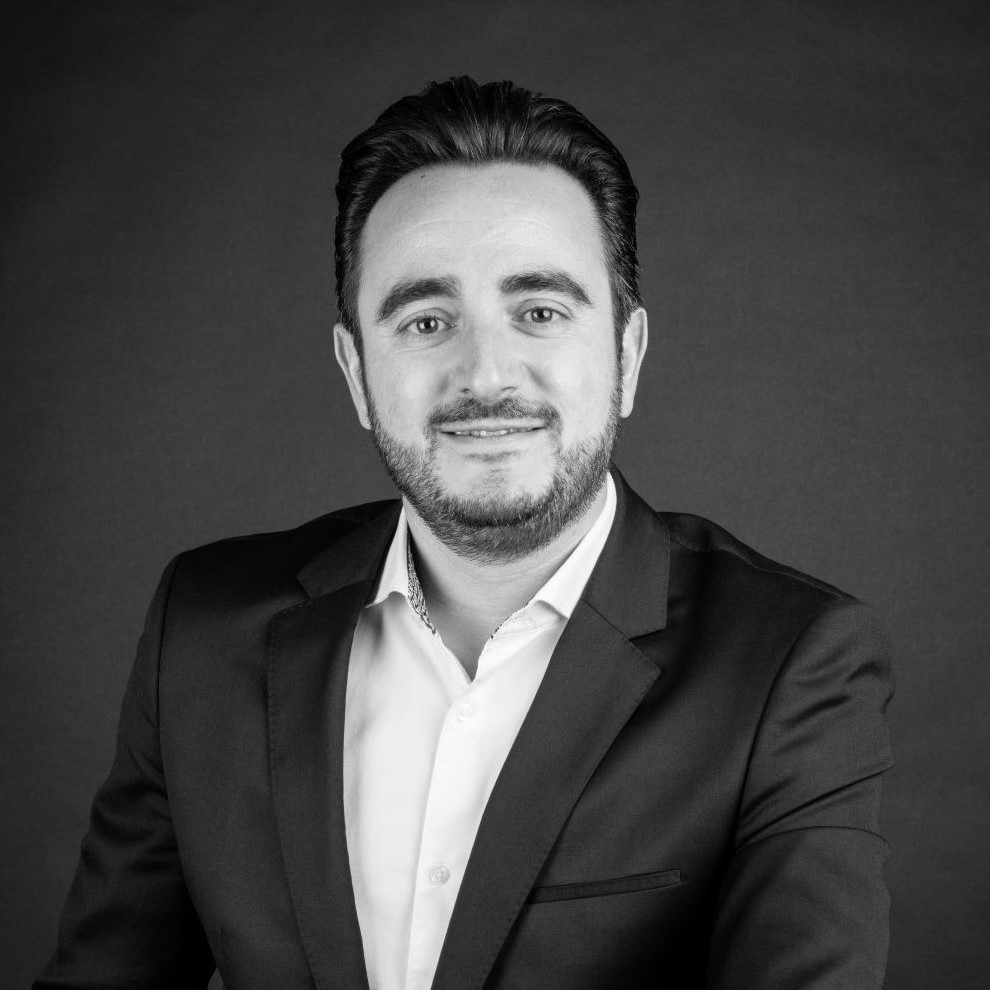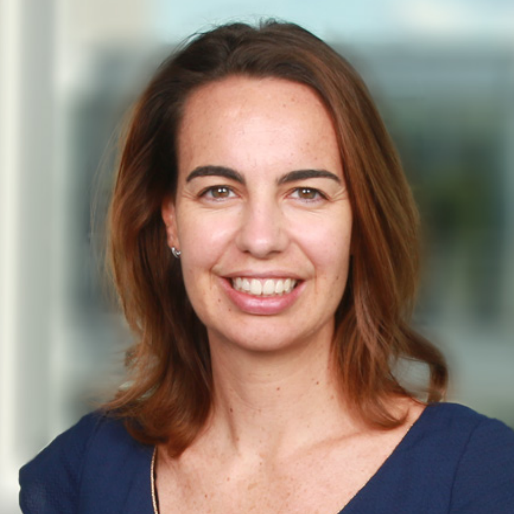Private equity has been alive to environmental concerns for some time, but the issue is taking on extra importance as the views of investors, PE firms and company executives converge. “Everyone now is aware of the potential for value creation, just as they have realised that you have to act before you invest in a company, not later on,” says Caroline Pihan, Partner at Initiative & Finance. “These days, all funds have to take these factors into account. What makes the difference is how you integrate them into your analysis of investment opportunities.”
The Tomorrow Fund: supporting the environmental transition
Environmental factors are sources of value creation. They are also very complex to assess, especially as the factors that matter most – such as sourcing, eco-design, or cutting carbon emissions – vary widely from one industry to the next. According to Caroline Pihan, “Setting up a non-financial accounting system and measuring your carbon footprint isn’t something that every mid-cap can just do. The core idea behind Tomorrow is to help managers get to grips with these issues.” It’s no accident that the fund supports mid-caps that are actively engaged in the environmental transition. “Mid-caps may have fewer resources than large multinationals, but they are sufficiently well-structured to really transform. We are convinced that by helping our management teams to ramp up on environmental transition issues, we will help them to outperform. Businesses that succeed will have sustainability built into their business model. These are the companies that will create the most value and achieve the highest valuations.”
The Tomorrow Fund: a proven method and custom KPIs
The Tomorrow Fund builds on the firm’s previous experience of backing companies that take sustainability and ESG on board. “Based on that experience, we have built a bespoke measurement and reporting system for the Tomorrow Fund in partnership with I Care, a firm specialising in environmental issues and our global partner for the fund,” says Caroline Pihan.
The methodology employed lays down five KPIs, including alignment with the Paris Agreement targets, biodiversity and carbon footprint, which will be tracked for every investment. It also involves liaising with management to set specific non-financial KPIs for each investee company, in order to reflect the industry in which it operates. As a result, non-financial performance will be monitored every bit as closely as financial performance.
Committed management – vital for the evolution of the business model
For the transition to succeed, managers must share the belief that a business model needs to be based on sustainability and ESG. The team, too, has to be aware that businesses need to consider these matters right now, or else they will be in trouble in their markets in five years’ time. As Caroline Pihan explains, “The good news is that when we meet managers, we see a genuine sense of relief. They all want to do move towards a sustainable business model, but they need support to make that transformation a reality.”
With the Tomorrow Fund, that’s exactly what Initiative & Finance wants to do: help them steer a course between environmental protection and financial performance. “We examine these environmental questions at the pre-deal stage, to come up with specific actions that can be implemented after we invest. Once the deal goes through, a value creation plan is drawn up within the framework of an overall strategy. This involves choosing custom KPIs to complement our overarching measures of performance, putting the resources in place to execute the business plan and setting up the non-financial accounting system.”
A genuine roadmap has been drawn up for sustainable transformation, which can be adapted to the largest possible number of companies in all kinds of industries: “For Initiative & Finance, it is important to support both ‘solvers’ – companies whose activities naturally have a positive environmental impact – and what we call ‘pilgrims’, those companies in all business sectors which need support if they are to change their business model and materially reduce their environmental footprint.”
The Tomorrow Fund creates value by supporting the environmental transition of mid-caps. It made its first investments in 2022: Babymoov, a specialist in childcare products currently making a profound shift towards sustainability and ESG, and CSD Ingénieurs, a leading independent Swiss firm of environmental engineers whose business actively contributes to the environmental transition.

 Back to the thematic folder
Back to the thematic folder

